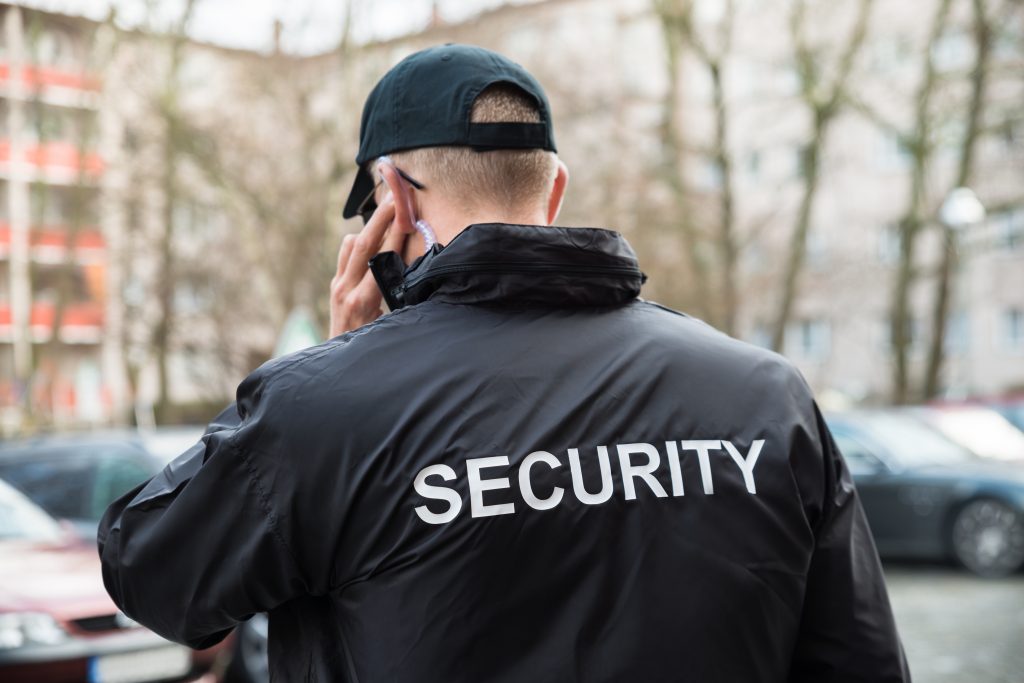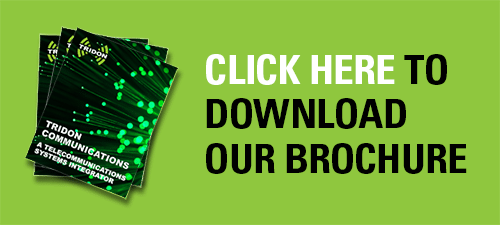
Radio encryption is a method used to secure radio communications from unauthorized listeners by scrambling the information transmitted over radio waves. Just like how a lock protects your house from intruders, encryption works to secure communication radio signals from being intercepted or deciphered by anyone who isn’t supposed to have access. The primary goal of radio encryption is to ensure that only authorized users can understand the transmissions while outsiders are left in the dark.
Radio communications are a vital part of many industries, from public safety to military operations, and even in everyday life with devices like a UHF or VHF, portable or mobile radios. As these radio transmissions carry essential and sometimes sensitive information, guarding the security and privacy of this communication is critical. This is where radio encryption comes into play, providing a layer of protection that transforms the signal into a code that is difficult to crack.
Types of Encryption Used in Radio Systems
DES Encryption (Data Encryption Standard):
DES encryption has been around for decades and was one of the first widely adopted encryption methods for securing analog radio communications. It works by taking the data and transforming it using a 56-bit encryption key.
While effective for its time, DES has largely been replaced by more secure encryption algorithms due to its vulnerability to brute-force attacks. However, it laid the groundwork for more advanced encryption standards.
AES Encryption (Advanced Encryption Standard):
Since the introduction of digital signals, AES encryption has become the gold standard for securing sensitive information today. It uses a stronger encryption key than DES, with 128-bit, 192-bit, or 256-bit keys available, making it much harder for unauthorized users to crack.
AES is the preferred choice for securing critical communications, from law enforcement radios to military-grade systems. It ensures that even if the radio transmissions are intercepted, the encryption is so complex that decoding the signal is next to impossible without the correct key.
How Encryption Works in Radio Communications
Encryption works by transforming the data sent over radio waves into an unreadable format using complex mathematical algorithms. This data is scrambled into what’s known as a cipher, which can only be unscrambled by a recipient with the proper matching encryption key. Encryption keys are strings of data that unlock the encrypted signal, allowing the receiver to convert the cipher back into the original message.
Imagine two people communicating over a radio. The sender speaks into the radio, and the radio system converts the analog voice into a digital voice. Before the signal is sent out, it’s encrypted using an algorithm like AES.
When the recipient’s radio picks up the transmission, it uses an identical encryption key to decrypt the message and convert the scrambled code back into a human voice. Without the correct key, all a listener would hear is garbled noise.
Radio Encryption Technology
The technology behind radio encryption has advanced quite a bit in recent years, being driven by the growing demand for secure communications. Early forms of radio encryption, like simple inversion, were often limited to analog systems and have been replaced by much more sophisticated digital encryption methods, offering higher levels of security and better performance.
Modern radios equipped with encryption technology are now capable of providing secure wireless communication of a data or voice signal on a secure channel across a wide range of frequencies, including VHF radio and UHF bands. The development of encryption algorithms like AES has set new standards in the industry, ensuring that users can rely on their communication systems even in the face of sophisticated threats.
The Benefits of Radio Encryption
1. Security and Privacy:
2. Confidentiality and Integrity:
3. Preventing Unauthorized Access:
4. Cybersecurity and Communication Security:
5. Ensuring Clear and Reliable Communication:
Applications of Radio Encryption
Radio encryption is used across a wide range of industries and for various purposes, from everyday business use to more specialized functions:
- Public Safety: Police, fire, and EMS rely on encrypted communications to coordinate their efforts and maintain confidential communication. This ensures that sensitive information, like the location of a crime or an emergency, doesn’t fall into the wrong hands.
- Military: Classified information and tactical plans are routinely shared over encrypted communication systems in the military. By using advanced encryption methods, military personnel can communicate securely without worrying about adversaries intercepting their radio traffic.
- Law Enforcement: Encryption is critical for law enforcement agencies when coordinating operations, protecting officers in the field, or safeguarding sensitive information shared over radios during critical incidents.
- Commercial and Business Use: In the private sector, companies use encrypted radios to ensure that internal communications remain secure, especially in industries where sensitive information, including financial data or intellectual property, is shared over the airwaves.
- Government and Infrastructure: Key infrastructure providers like utilities and transportation systems use encryption to secure their communication channels, ensuring the integrity of radio transmissions that may control or monitor vital services.
Keeping Confidential Communications Confidential
In an age where information security is paramount, radio encryption plays a crucial role in protecting communication channels from unauthorized access. Whether it’s VHF radios for marine use or advanced systems deployed by the military, encrypted communications offer a reliable way to safeguard critical communications. Encryption algorithms like AES and DES ensure that even if transmissions are intercepted, the information remains secure, protecting both confidentiality and integrity.
The benefits of using an encrypted digital radio extend far beyond security, providing users with peace of mind and the ability to communicate confidently, knowing that everything they transmit is protected. As communication technology continues to evolve, encryption will remain a key pillar in maintaining the security of radio systems and ensuring that way radio users can operate safely in a world where the stakes are higher than ever before.
Stay Secure, Trust Tridon
Two-way radios offer a dependable and secure means of communication, especially when used with the right precautions. By incorporating encryption, utilizing privacy codes, staying alert to your surroundings, and following the manufacturer’s security guidelines, you can ensure your conversations stay protected.
At Tridon Communications, we specialize in providing advanced encryption solutions to further safeguard your communications. With our expertise, your two-way radios will remain a trusted tool for secure, short, medium, and long-range communication. To learn more about how encryption can enhance the security of your individual radios or your entire radio system, reach out to one of our experts at Tridon Communications today.



